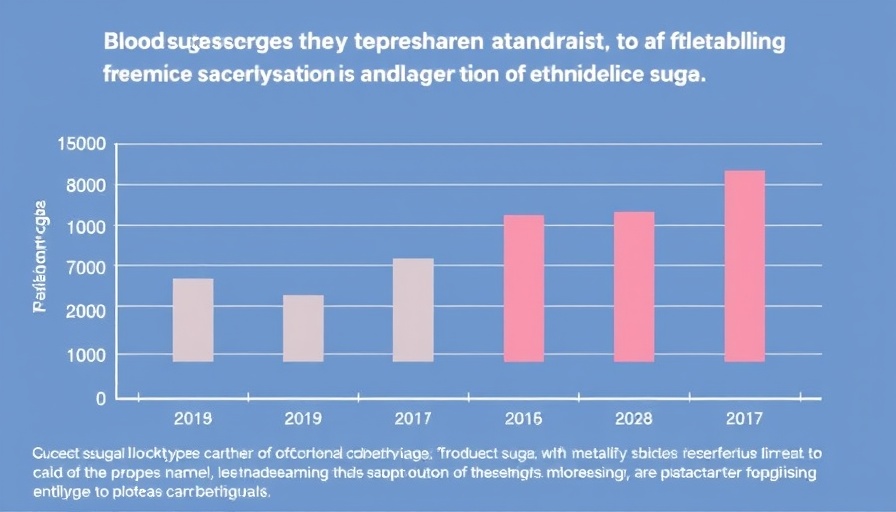
The Therapeutic Benefits of Music: A Deep Dive
Music has an extraordinary capacity to heal, reaching far beyond simple enjoyment. Researchers and therapists around the globe continue to explore the profound connections between music and our mental and physical well-being, revealing that harnessing rhythm and melody can trigger powerful healing responses.
Historical Context and Personal Connection to Music
Throughout history, music has served as a fundamental part of human culture, wielding a vital role in rituals, celebrations, and communal experiences. Ancient civilizations recognized music's emotional power, often intertwining it with healing practices. Today, the resurgence of interest in music therapy is a testament to its long-overlooked potential in healthcare.
Modern Scientific Insights: How Music Affects Our Brain
Contemporary research supports what many have felt for ages—music strongly influences our emotions and cognitive functions. Neuroscientific studies show that engaging with music activates reward centers in our brain, releasing dopamine, the 'feel-good' neurotransmitter. This discovery has significant implications for treating conditions like depression and anxiety, making music therapy an invaluable resource.
Practical Insights: Integrating Music Into Your Health Routine
Incorporating music into your daily routine does not easily require a formal setting. Here are a few tips:
- Create Personalized Playlists: Curate music that resonates with positivity and calmness to suit your emotional needs.
- Practice Music Meditation: Utilize calming music during meditation to enhance focus and mindfulness.
- Engage in Active Listening: Dedicate time to listen to music mindfully—for example, noticing different instruments or emotional shifts
Emotional Resonance: The Heart of Music's Healing Power
Music illuminates emotions in a unique way, often articulating sentiments we may struggle to express. This emotional connection can destigmatize feelings and foster community, especially during challenging times. Participants in group music therapy report feeling a deeper sense of belonging and connection, promoting healing not only on an individual level but also within communities.
Future Trends: The Growing Role of Music in Healthcare
As research progresses, we are likely to see a more prominent integration of music therapy into standard medical practices. Healthcare providers are increasingly recognizing the holistic advantages of treating the whole person, combining traditional medicine with innovative music therapy approaches. The future could potentially allow for personalized treatment plans that include musical experiences tailored to individual patient needs.
Conclusion: Embrace the Healing Journey with Music
While the science of music’s healing powers is still unfolding, the testimonials and lived experiences of countless individuals speak volumes. Investing time in understanding and utilizing the therapeutic qualities of music can enhance mental clarity, emotional well-being, and an overall sense of joy and purpose in life.
 Add Row
Add Row  Add
Add 



Write A Comment